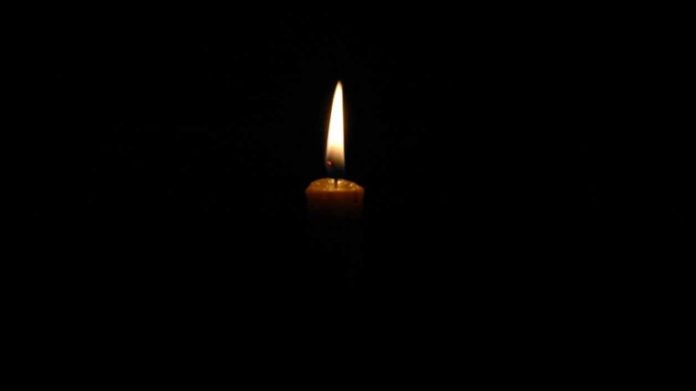
SOUTH Africa has endorsed a more investor-friendly approach to tackling the country’s energy crisis, said BusinessLive citing an ANC document it has seen that sets down new plans allowing municipalities to procure their own energy.
The document, produced by a commission on state-owned enterprises (SOEs) and the economic growth strategy following a two-day lekgotla that ended on Monday, also plans to expand the independent power producer (IPP) programme and free up regulations for self-generation by private business, said BusinessLive.
There are provisos, however, that whatever steps are taken to encourage the proliferation of IPPs must include ownership by black South Africans. BusinessLive said there was also “a suggestion” that a new public entity will be established to compete with private producers in the market.
“The ANC commission report is significant as there has been much political opposition within the party to the presence of IPPs in the market,” said BusinessLive. In particular the resolution states that the government must “provide access to the grid on a non-discriminatory basis to Eskom generation and IPPs”.
On the burning issue of Eskom, the lekgotla resolved that the ANC should find a solution with Cosatu, the labour federation, and other alliance partners in which they would agree on how to save the power utility.
Potential solutions included finding a way in which workers could help raise funds to invest in the restructuring of Eskom; how jobs could be saved; and how ongoing public ownership could be secured.
Speaking at the conclusion of the lekgotla, which was opened to media, South Africa’s president, Cyril Ramaphosa, said: “We should avoid political interference in operational matters of our SOEs and, if there is to be any, it should be on strategic matters, and also where there is mismanagement and a clear company failure”.
The ANC had acknowledged that its policy was failing and would revise these measures to be more realistic to tackle the shortcomings of implementation, said Ramaphosa.
“We all agreed that we will all speak and communicate one message with the many voices we have here,” he said.











